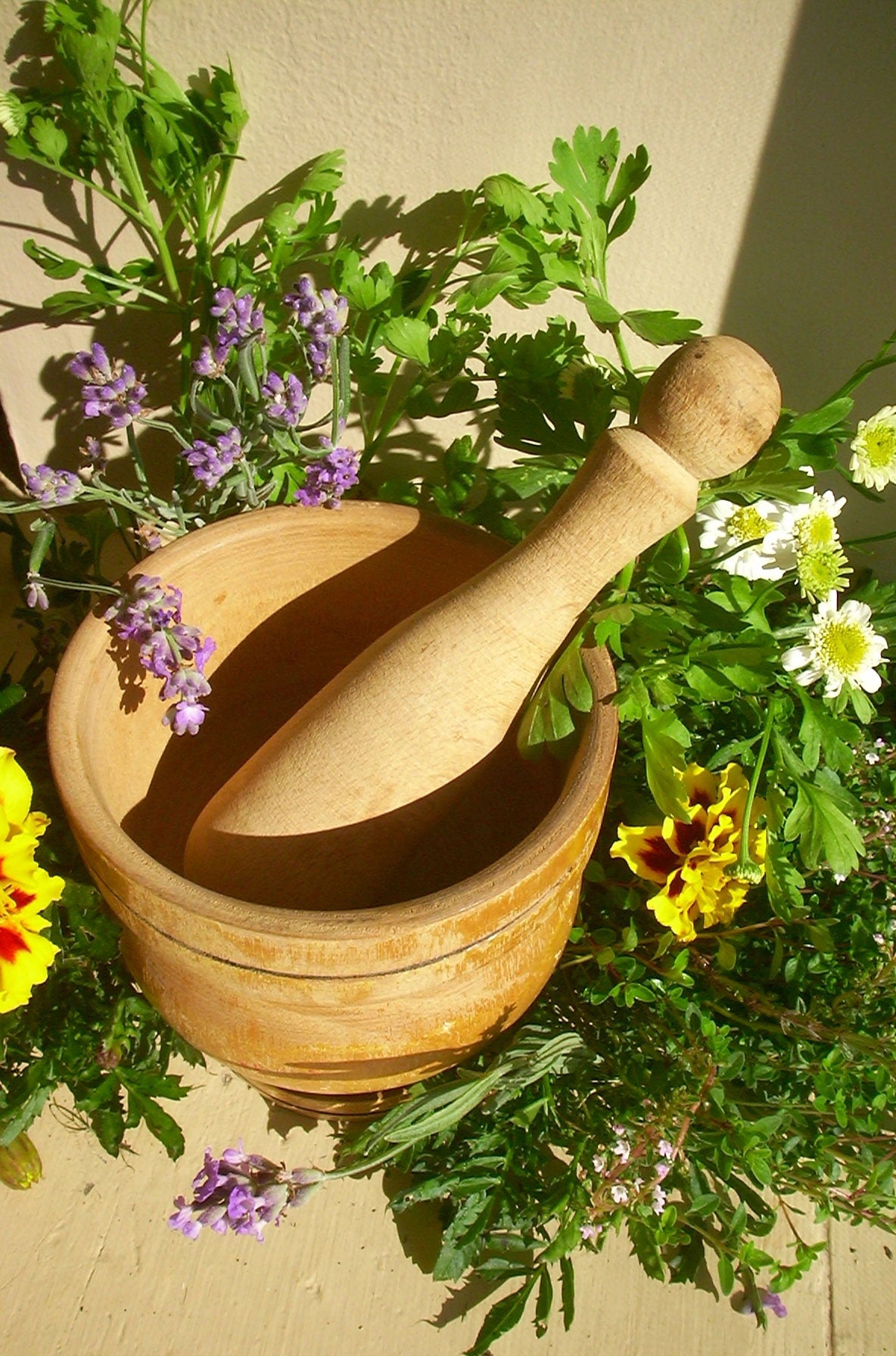
Sign up for the Gardening Know How newsletter today and receive a free copy of our e-book "How to Grow Delicious Tomatoes".
You are now subscribed
Your newsletter sign-up was successful
Spring has sprung and we're all itching to sow our gardens. While planning the layout of the garden plot, it might be interesting to include some medicinal plants to grow. What are medicinal herb plants and what plants can be included in a medicinal plant garden? Read on to learn more.
What are Medicinal Plants?
First of all, did you know that 25 percent of all prescription drugs are derived from plants and 70 percent of pharmaceuticals are resultant from components found in plants? Eighty percent of the world's population uses botanical medicines as their principal means of health care. In this, medicinal plants are often more than curatives. They are often embedded in the cultural fabric of social groups. Medicinal plants can be used as herbal baths and teas, powders, herbal extracts, poultices, salves, or syrups alone or in conjunction with each other. A plant has medicinal use if there are chemical components within its structure that can elicit a response in humans. The dosage and potency of the chemical will depend on the part of the plant utilized, the season, and even the content of the soil in which the medicinal plant is grown. Among these chemical compounds which have specific affects on human medical concerns are:
- Alkaloids
- Antibiotics
- Glycosides
- Flavonoids
- Coumarins
- Tannins
- Bitter compounds
- Saponins
- Terpenes
- Essential oils
- Citric and tartaric acids
- Mucilages
Medicinal Plants to Grow
Many of us already use herbs to flavor our culinary triumphs, but many of these herbs have curative powers too. For instance, basil has uses that extend beyond delicious pesto.
- Basil is a mild sedative as well as an antiseptic, expectorant, anti-flatulent, and laxative. Use the fresh plant prior to bloom as a tea to relieve stomach ailments, gastritis, indigestion, and constipation. Basil can also relieve headaches and colds, reduce throat inflammation and can even be used to reduce fever. This super plant is a definite keeper when growing medicinal herbs.
- Fennel also has curative properties such as diuretic, to fight colic, promote milk production in new mothers, aid in digestive disorders, a curative for insomnia, and to treat coughs, flatulence, asthma, headache, dizziness, depression, catarrh, inflammation, and even as an insect repellent.
- Chamomile is best known for its calming properties when taken as a tea. This herb is also credited in aiding headaches, stomach ailments, flatulence, colic, insomnia, cold and flu symptoms, and inflammatory issues such as sore throat, hemorrhoids, acne, ulcers, and some eye ailments.
- Lavender, motherwort, and golden seal are all excellent medicinal herbs to add to the garden.
- When growing medicinal herbs, one mustn't forget garlic, which has been shown to have a plethora of curative benefits, from aiding in symptoms resulting from bronchitis, cold, influenza, and congestion to balancing the amount of healthy bacteria in the gut to fighting bacteria, viruses, and parasite. Of late, the big news about garlic is as a carcinogen and in regards to reducing heart attacks and strokes.
- Onions should also be included in a medicinal plant garden and let's face it, they are a must have in the kitchen.
Other herbs you may want to consider including in the medicinal plant garden are stinging nettle, Echinacea or cone flower, ginseng, and licorice. Beyond these herbs, there are a number of trees and shrubs that you may want to include in the landscape if this turns out to fascinate you as much as me. There are even many weeds (dandelion, one of many) that have beneficial healing properties, although you may not necessarily want to plant them in your garden. Disclaimer: The contents of this article is for educational and gardening purposes only. Before using ANY herb or plant for medicinal purposes, please consult a physician or a medical herbalist for advice.
Sign up for the Gardening Know How newsletter today and receive a free copy of our e-book "How to Grow Delicious Tomatoes".

Amy Grant has been gardening for 30 years and writing for 15. A professional chef and caterer, Amy's area of expertise is culinary gardening.
